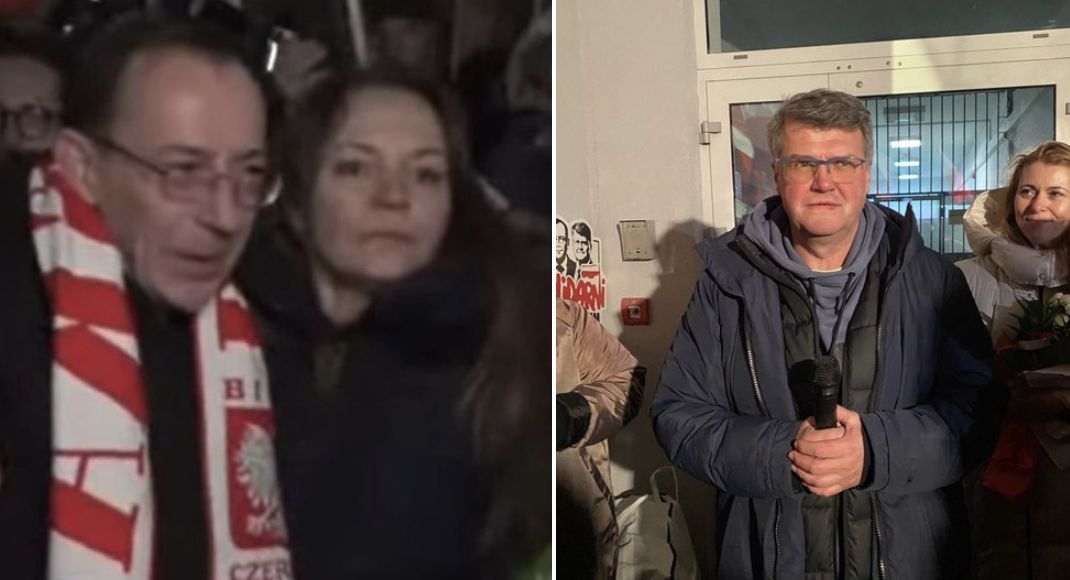Maciej Wąsik, who was one of the two MPs on hunger strike after being arrested despite having been pardoned by President Andrzej Duda, gave his wife’s case as an example of how the present Tusk government was settling old scores with PiS politicians by victimizing their family members.
Roma Wąsik, Maciej’s wife, has been accused of calling for anti-government demonstrations and “publicly and intimately showing her support for an MP.” Maciej Wąsik compared that kind of reasoning to times of martial law introduced by the communist regime in Poland in 1981 when people were dismissed for supporting their family members’ Solidarity activities.
Former PiS interior minister, Mariusz Kamiński, who is the other hunger striker whose eviction from parliament has been challenged by the courts, has also stated that both he and Wąsik have been called in to face charges of fraudulent votes in parliament for their participation in parliamentary activities.
Wąsik added that the hearing in the public prosecutor’s office should be seen in the context of a vendetta being carried out against them by Tusk’s government. Kamiński also revealed that the hearing at the prosecutor’s office, planned this Thursday, was scheduled to clash with a hearing of the parliamentary investigative committee into the visa scandal to which he had been summoned.
“The prosecutors want to charge us with the illegal participation in the Sejm votes. We regard these actions of the prosecution as active involvement in combating the opposition in our country. These are completely unlawful actions, indicative of the servility of many people in the prosecution,” stated Kamiński.
The charges are extraordinary, as both the individuals at the time of voting were contesting their eviction from parliament and the speaker of parliament had not yet ruled that their mandates had expired. That decision came later, and after it was taken, neither MP was allowed to participate in parliamentary debates.





